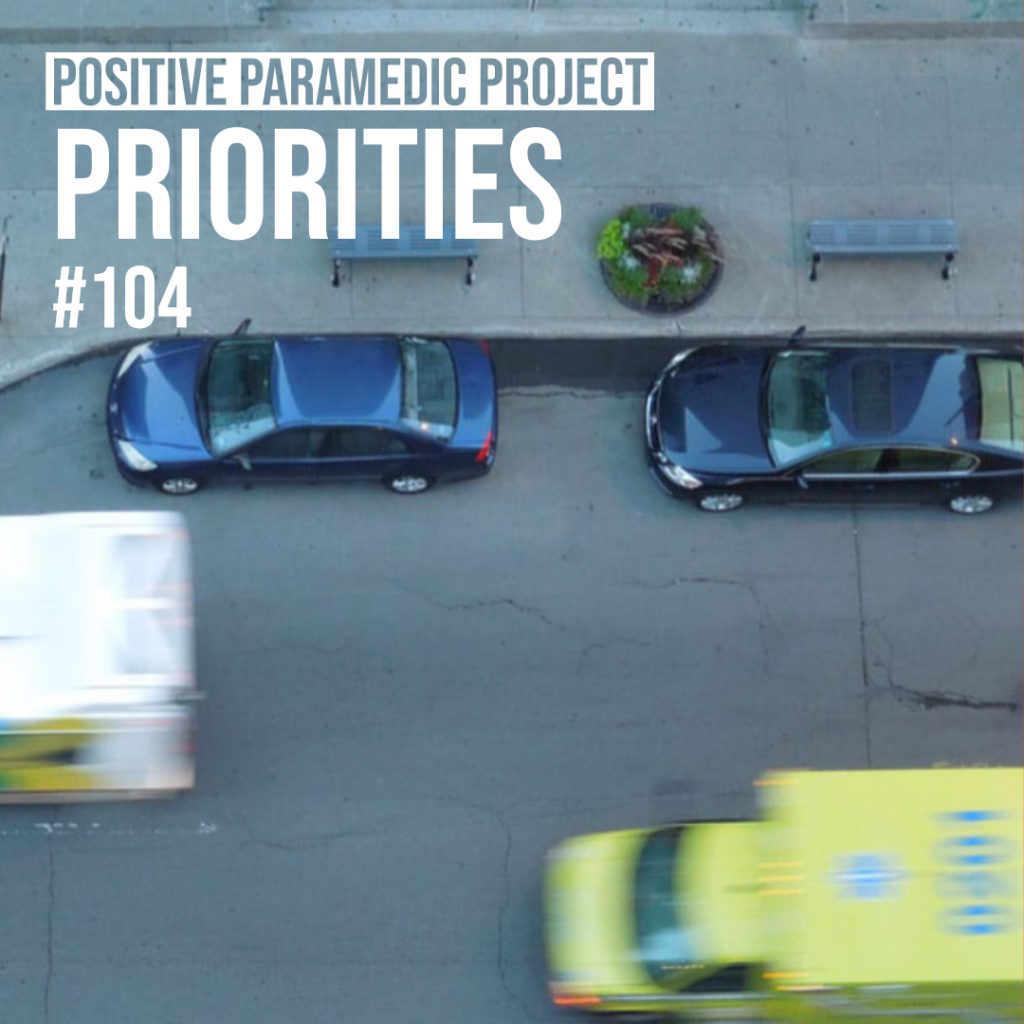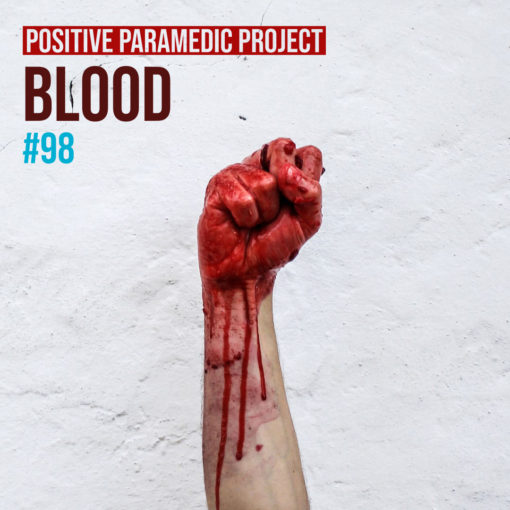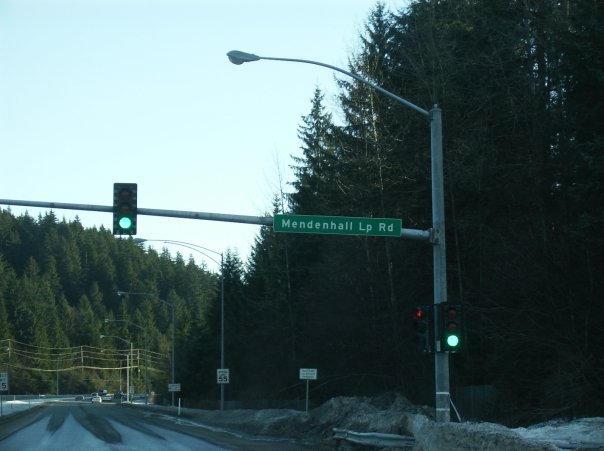I am stubborn. My wife warned me not to try and change that lightbulb on my own. She told me I ought to ask our neighbour from across the street to lend me a hand. I waited for her to go over to one of her friends for tea and muffins and then I decided to give it a go.
“I have fallen and I cannot get up,” I said in slow and determined fashion to the emergency operator who answered the call I placed to 911. I remembered that series of television ads and winced at the realization I had just used the same line to call for help.
“No, I am not having any difficulty breathing. Yes, I hit my head but no, I did not lose consciousness. No, my neck doesn’t hurt. No, no chest pain to speak of. Yes, I do have some terrible pain in my hips. I am 81-years-old. No, I do not take any prescription medications of any kind. No, I am unable to get up on my own. The pain in my hips is quite intense and it gets worse when I try to move.
“Yes, I understand there might be a lengthy delay before the ambulance gets here. I know it’s very cold outside and I understand you must be very busy. I would not have called if I could get up on my own. I fear I have injured my hip otherwise I would not be calling for help.
“Pardon me for asking but I thought we had first responders in our town who might be able to help me before the ambulance crew is available. Oh, I see. They only respond to higher priority calls. Well, I do understand. I will do my best to stay comfortable until the ambulance crew arrives. Yes, I will certainly call you back if anything changes or I feel worse in any way.”
The light of the afternoon faded into the early darkness of a winter evening and the ceramic tile floor quickly lost any of the heat it had retained. I struck up a conversation with the cat but the cat lost interest and walked away. I watched the time on the microwave clock move slowly minute by minute. I fought the urge to pee.
I concentrated on looking at the photographs of our children and grandchildren we had proudly hung on the livingroom wall. I couldn’t remember the phone number at my wife’s friend’s house. I wanted to cry.
I couldn’t believe that I was all alone, had called for help, and no one was on their way yet. I wondered what level of priority my call for help was for that first responder team.
Were they only concerned about life and death? Were they so busy they could not even spare a moment to check on a resident of the community who had confirmed he was in a spot of trouble?
Had they no idea how important it was to provide a physical presence for someone in a time of extraordinary need?
And so, I lay alone on the kitchen floor with a badly bruised hip for more than 40 minutes before my anxious and bewildered wife arrived. She called our neighbours to see if there was anything they could do to help. They wrapped a blanket around me and tucked it underneath me to provide some warmth.
The ambulance paramedics arrived three hours after I had first placed the call. They were gracious and apologetic, however, as they explained – my experience was rapidly becoming the new normal.
___
Right. The preceding was just me, Hal Newman, trying to imagine what it would be like to be all alone and waiting for emergency medical assistance after having been classified as a priority Three or Four call on a day chockfull of priority Zero and One calls.
Calls of every priority should be responded to and not only by an ambulance crew.
Actually, I believe it would be rather interesting to have a first response team specially trained to respond to calls of a lower priority to determine whether or not those patients actually need to be attended to by the much scarcer ambulance-based paramedics.
There should never be a monopoly on saving lives or helping people in an extraordinarily difficult moment of their lives.
The clock begins ticking when someone calls for help. The primary consideration should be who can get there quickest to render aid – not which response organization has a ‘claim’ to the territory.
It’s not about what uniform the responder is wearing. Every EMS organization should take an enormous leap of faith forward, work with all of their stakeholders and establish a model that ensures everyone in the community gets the EMS they deserve.
Be well. Practice big medicine.*
Hal Newman
NB: I can always be reached via email: newman.hal@gmail.com / I am a firm believer that by working together we can find the creativity, the political will, and the derring-do to achieve improbable outcomes.
- *Big Medicine = the right people working together at the right time will be Big Medicine. I’ve been saying ‘Be well. Practice big medicine’ for as long as I can remember. It is my own very personal version of ‘Sawu Bona’, the Zulu greeting which means ‘I see you’… I see all of you, I see your good works, I see the difference you are making in the world.




